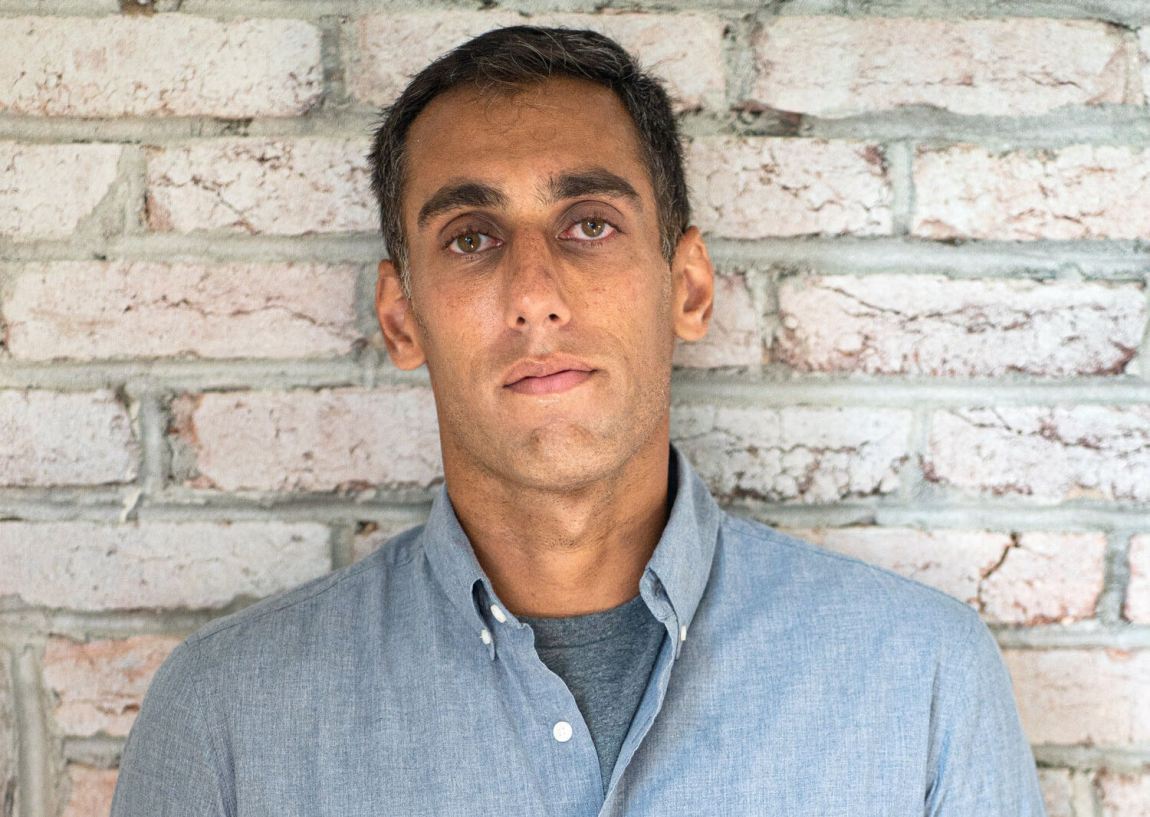On November 20, 2020, we published “The Case for Prosecuting Trump” by former federal prosecutor Ankush Khardori. Without minimizing the political hurdles, Khardori makes persuasive arguments for why we must end “the absence of any accountability” for an administration that “has viewed itself as above the law.”
Khardori left the Justice Department, where he investigated financial fraud, at the beginning of this year. Since then, though still an active member of the bar based in Washington, D.C., he has turned to writing as a legal commentator—publishing articles in The Wall Street Journal, The Washington Post, and The New Republic, among others. I asked him, via email this week, how he accounted for being so in demand already.
“I think it’s the result of a presidency that has been dominated by investigations of the president and the people around him,” he said. “A lot of it is pretty complicated, arcane stuff unless you’ve spent some time in the government, so there is an understandable demand for writers and commentators to explain things in ways that are intelligible.
“The news coverage has been a bit too heavily tilted toward Trump and Barr as personalities in ways that have, ironically, managed to distract much of the media and the public from the broader degradation of the Justice Department,” he went on. “I’ve done my fair share of pieces on the Flynn case, say, but I’ve also tried to write about substantive and institutional issues that I think have not gotten as much attention among commentators as I think they should have—like why we have a huge white-collar crime epidemic.”
Khardori joined the Justice Department in mid-2016, hired by Andrew Weissmann, who himself was later tapped by Robert Mueller for a senior position in the special counsel’s investigation of Russian interference in the 2016 election and led the prosecution of former Trump campaign chairman Paul Manafort. Khardori worked in the department’s Fraud Section for more than three years, running “a large investigation into a huge international fraudulent industry that marketed obscure financial instruments known as ‘binary options.’” As he explained, “it’s very easy to engage in high-volume fraud if you perpetrate it from abroad and set up shell companies and bank accounts all over the world: the victims are dispersed all over the world, so there’s a big collective action problem.”
Working with the FBI, Khardori did succeed in bringing to trial an Israeli businesswoman behind one of these schemes. After Lee Elbaz made the mistake of travelling to the US, she was arrested, charged, and convicted last year of defrauding some $150 million from clients. Khardori is proud of his work at Justice, but became frustrated with poor leadership in his department. When he voiced criticisms, he became persona non grata, and it was a matter of time before he was eased—or forced—out, a story he told in part in an article for the Columbia Journalism Review.
To his regret, the Justice Department’s efforts to crack down on this sort of financial fraud have largely dissipated now—which is, as he tells it, “a story in miniature of the Justice Department under Trump: some of the truly inept people who have risen in the government during his presidency, and the huge consequences that can result from the small decisions made by people who have no business exercising the authority that they managed to acquire.”
This was not the first disillusionment of Khardori’s legal career. Born in New York City, to parents originally from Kashmir, India, he was brought up in Springfield, Illinois, but went to college at Columbia. Straight out of law school, he joined the big, ostensibly prestigious firm of Paul, Weiss, Rifkind, Wharton, & Garrison. He trained as a litigator and, specializing in white-collar investigative work, came under the wing of a lawyer named Michele Hirshman, a former deputy to Attorney General Eliot Spitzer, whom he credits “with significantly influencing how I think about law, politics, and how to conduct yourself as a decent person in the legal profession generally.”
Overall, though, the culture at Paul, Weiss was dominated, he says, by some “truly awful people.” A New York Times investigation last year highlighted deep problems of racial discrimination at the firm—an assessment Khardori says was “if anything, too generous.” The experience has left him with an abiding ambivalence about the practice of law at such “elite” firms: “What you learn pretty quickly as a lawyer in private practice is that the reality of lawyering is largely pretty tedious, and you aren’t exactly spending your time contemplating questions of great consequence.”
As for questions of great consequence, Khardori’s earlier piece for nybooks.com was about how rule of law in the US has increasingly been replaced with rule by law. I asked him for an example.
Advertisement
“I still cannot believe that it has been two and a half years since the putative end of the family separation policy, and somehow—very conveniently for Trump—the Justice Department Inspector General’s office has not managed to finish a report on the matter,” he said. “We only know what little we do about the department’s internal investigation into the policy because someone leaked a draft of the report to the Times. This is one of the most morally abominable government policies in the last twenty to thirty years—possibly, the worst—and we still don’t have an account of what happened and who all was involved. Yet, somehow, this same office put out hundreds of pages about an investigation into the surveillance of Carter Page. It’s outrageous.
“To my mind, the department as an institution is in its worst state in decades,” he concluded. “The Biden administration could do a lot to fix things, but it would require a really concerted and politically courageous effort.”



